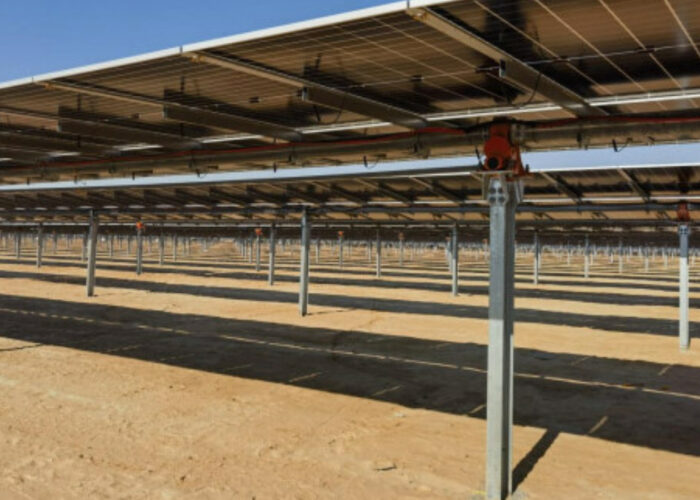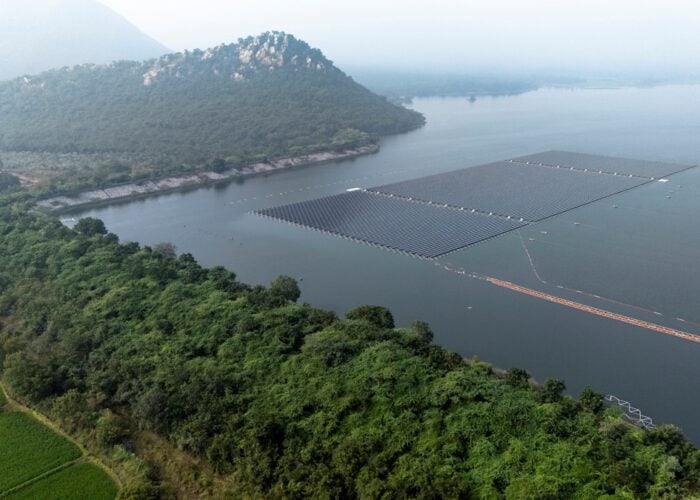Solar silicon provider Silicor has announced that it has secured new investment as it looks to expands its manufacturing operations.
The company has raised US$6 million from existing investor Hudson Clean Energy Partners and has appointed the asset management and investment firm Robert W. Baird to help raise additional capital.
Try Premium for just $1
- Full premium access for the first month at only $1
- Converts to an annual rate after 30 days unless cancelled
- Cancel anytime during the trial period
Premium Benefits
- Expert industry analysis and interviews
- Digital access to PV Tech Power journal
- Exclusive event discounts
Or get the full Premium subscription right away
Or continue reading this article for free
Silicor is currently in advanced development work at several sites for a new solar silicon manufacturing plant capable of producing 16,000 tonnes annually.
“In a world where PV module producers have had to operate on minimal margins, it is critical that the solar industry finds a manufacturer able to produce high-calibre solar silicon at a fraction of the cost,” said Neil Auerbach, founder and managing partner of Hudson.
The company claims it is the lowest-cost producer of high-quality solar silicon and expects increasing demand for its products as cell, wafer and module manufacturers look to continue lowering costs.
“Silicor offers a unique opportunity to greatly reduce production costs without compromising quality, and with prices for solar-grade silicon forecasted to increase in the coming years, the company is poised to capture a substantial share of the growing solar market,” added Auerbach.
Silicor also welcomed Mark Pinto to its board of directors. Pinto most recently served as executive vice president at Applied Materials, where he formed and led the company’s solar energy business.
“Bolstered by support from organisations like Hudson, we believe we are well-positioned to lead the PV industry into a new era of sustainable profitability,” said Theresa Jester, CEO, Silicor.
China has imposed punitive trade tariffs as high as 57% on polysilicon from the US.
Meanwhile, Beijing’s reforms of its domestic polysilicon sector, have been described as a cull with less efficient company’s potentially pushed out.






